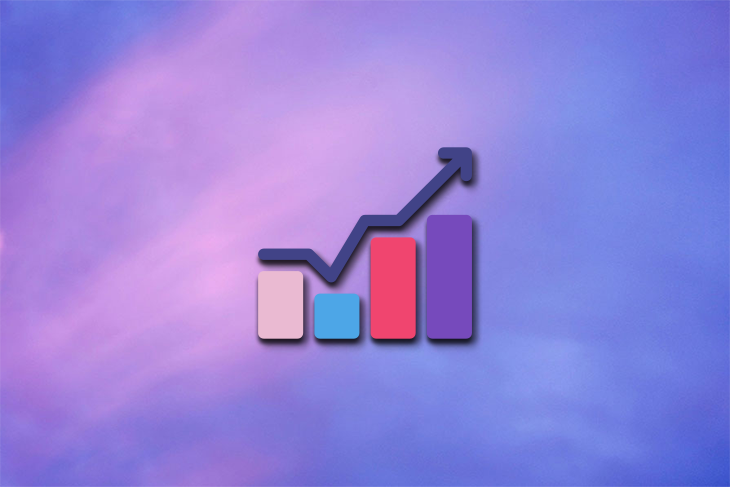I\’m excited to introduce a new feature that we\’ve been working on for the past year: Honeybadger Insights. Insights is our solution for logging and performance monitoring, providing application developers with deeper visibility into their applications. It goes beyond just monitoring applications and handling exceptions and downtime. Insights allows you to delve into the details and step back to identify patterns in your data.
Before we get into it, here’s the tl;dr: Insights comes pre-loaded with your Honeybadger data, allowing you to query your errors, uptime checks, and check-ins using a simple query language called BadgerQL. Utilize BadgerQL to quickly gain insights into your application’s health and performance, and then send your application logs and events to gain even more visibility. You can give Insights a try right now by signing up for a free Honeybadger account!
You can query your Honeybadger data
We are already capturing all error, uptime, and check-in data for Insights as part of our monitoring services, allowing you to analyze your data in any way you want. Whether you want to see error reports related to a specific user, browser, or a combination of both, or identify which browser versions are causing the most errors for a particular subdomain or route in your app, Insights has got you covered. You can even determine the slowest response times for your uptime checks at different times of the day over the past week. All these questions and more can be answered using our new query language, BadgerQL.
BadgerQL is a powerful query language that enables you to filter, transform, and aggregate your data quickly. The default query displays all events within a specified timeframe, with the most recent events listed first and a preview of the data for each event. By clicking on the disclosure control, you can view all properties in the event and narrow down the information you need. For example, you can calculate the average duration of uptime checks over time and create charts to visualize the data.
It appears that there are some performance optimization tasks to address! Our documentation provides detailed information on how BadgerQL operates. Once you start experimenting with it, you’ll likely enjoy devising new queries and creating charts with your query results as much as we do.
But we didn’t stop there. 😁
Capture your own structured events
With Honeybadger Insights, you can easily monitor all activities happening within your application, identify patterns, and delve into the details of each event. By including additional context about an event, you can go beyond just counting how frequently an event occurs and gain deeper insights. For instance, you can track events like the creation of comments on posts in your Rails app and analyze various aspects of these events in detail.
Unleash BadgerQL on your application logs
Your application logs contain valuable data that you’ll want to analyze, such as the number of requests being served, request durations, and other information. If you’re not already logging structured events, it’s simple to start. Insights makes it easy to ingest your log data, whether it’s stored in log files, on cloud platforms like Heroku or AWS, or anywhere else where you can retrieve it and post it as JSON to our API.
Try it now!
Insights is ready for you to explore. We already have your Honeybadger data available, and we offer a free tier for you to begin sending in your own data. We hope you’ll find it as useful as we do, and this is just the beginning—stay tuned for more updates!
Source link
























